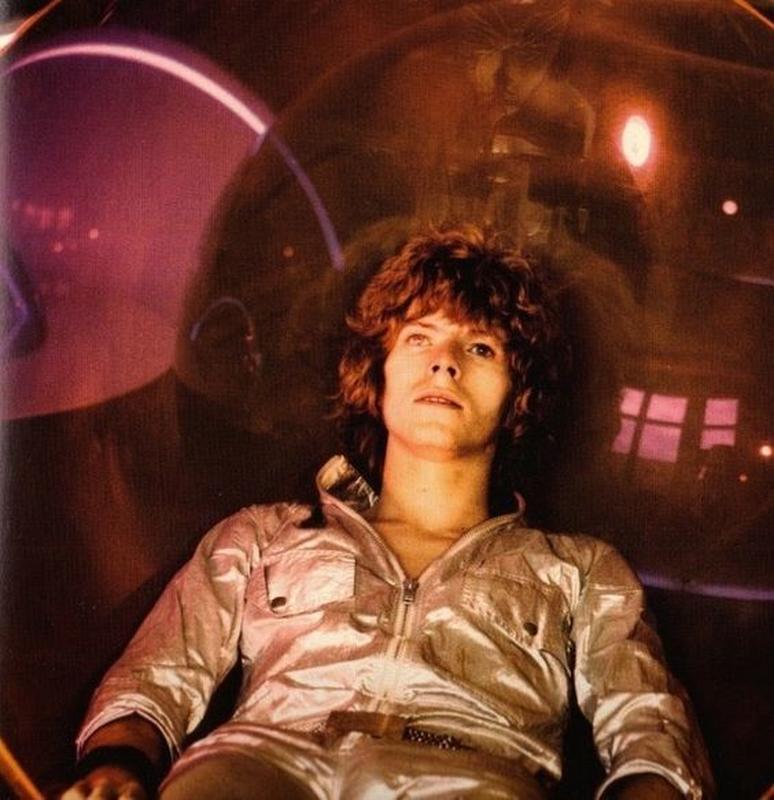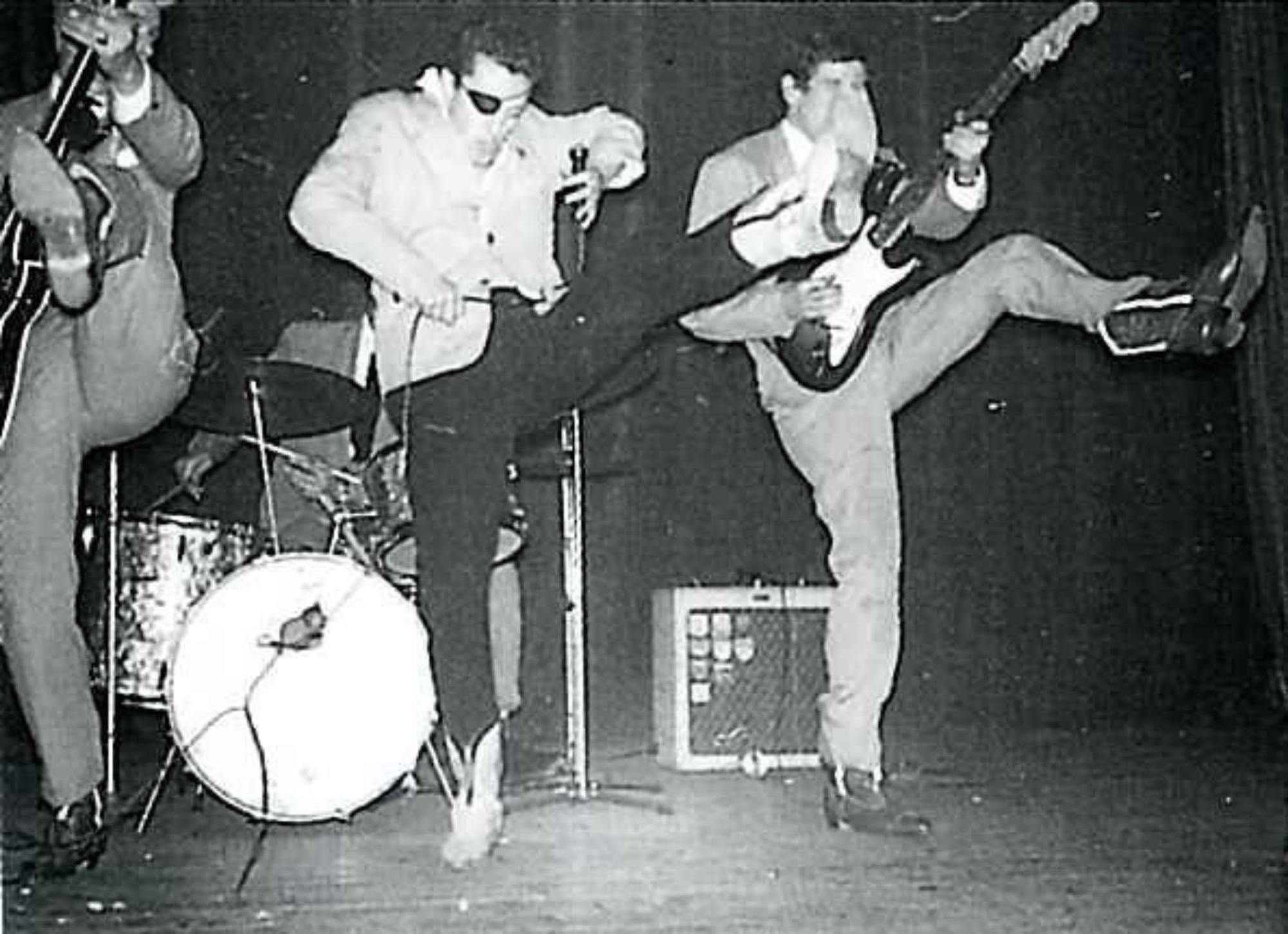Space Oddity, Major Tom, Apollo and the Space Race
April 1961 and the Soviet Union put Yuri Gagarin into space, the first spaceman. Many Americans already thought the United States were losing the space race, after all the Soviet’s launched Sputnik 1, the first space satellite and had sent a monkey into space too. But now a human? How far behind were the United States?
Losing the space race convinced US President John F. Kennedy of the political need of achievement to demonstrate their space superiority, and under counsel the best option was not to launch a station, nor to orbit around the moon. It was decided the best option to beat the Soviet Union would be to land a man on the moon.
Kennedy May 61 , the US – “should commit itself to achieving the goal, before this decade is out, of landing a man on the moon and returning him safely to the Earth”
Kennedy speech Sep 62 – “We choose to go to the moon. We choose to go to the moon in this decade and do the other things, not because they are easy, but because they are hard…”
April 1968 saw the theatrical release of Stanley Kubrick’s 2001: A Space Odyssey, Bowie saw this film several times. “It was the sense of isolation I related to” said Bowie who was 21 at the time, “I found the whole thing amazing. I was very stoned when I went to see it and it was really a revelation to me. It got the song flowing.”
Bowie had previous uncharted releases from 1964 as ‘Davie Jones with the King Bees’, ‘The Manish Boys’ and ‘Davy Jones & the Lower Third’ before using ‘David Bowie’ in 1966.

Bowie’s manager Kenneth Pitt attempted to bring Bowie to the wider market in Feb 1969 by recording a 28 minute film called ‘love You Till Tuesday’ which was a title of a Bowie song he wrote in 1967. Playing along side him was guitarist John Hutchinson – “David wrote Space Oddity for the two of us to sing. It is a duet song” and in this Feb 69 session, Hutchinson sang the ‘ground control’ sections and Bowie sang as Major Tom. Pitt clashed with the director and the whole thing was shelved.
But the demo version (with Bowie mimicking the spaceship sounds himself) got the attention of Philips records. Bowie thought he would be working with producer friend Tony Visconti but instead got his young engineer Gus Dudgeon who later went on to produce many of Elton John’s early records. Gus also produced the ‘B’ side while Tony produced the rest of the album.
Tony hated the song “a cheap shot – a gimmick to cash in on the moonshot” and “I expect like a dozen people in tin pan alley to do that, not you.” He claimed the harmonies sounded like Simon & Garfunkel and the opening melody like John Lennon, he said to Bowie “David, there’s hardly any of you in this song.”
Gus – “In those days a gimmick was a big deal and people who had gimmicks were taken more seriously than those who hadn’t. Bowie’s was that he’d written a song about being in space at a time when the first US moonshot was about to take place. I listened to the demo and thought it was incredible. I couldn’t believe that Tony didn’t want to do it.”
Before the recording, Gus and Bowie mapped out the whole thing on paper, Gus saying “Our planning consisted of writing the lyrics out, then leaving a gap of about four lines underneath in which we’d write things – maybe I’d draw a line that meant a stylophone swoop or a mellotron part.”
Bowie played the stylophone pocket electronic organ, Herbie Flowers played bass and ‘Yes’ member Rick Wakeman played on mellotron, he got the gig after Gus heard the instrument on another record and Tony put his name forward.
Rick – “It was the days of fun. David had just bought one of those stylophone things on the street corner for about 50p or 10 bob as it was then. He threw that on there. We did the whole thing in about 3 hours.”
Gus – “When we hit the studio we knew exactly what we wanted – no other sound would do. And it proved to be a very quick session with everything happening very fast.”
On July 11th it was rush-released nine days ahead of the Apollo 11 moon landing. It was picked up by television for the background music for the landing itself, Bowie said “I’m not sure they really weren’t listening to the lyric at all… Obviously, some BBC official said : ‘right then, that space song Major Tom blah blah balh, that’ll be great.’ Nobody had the heart to tell the producer : ‘um… but he gets stranded in space, sir.”
Despite that the single received no radio airplay, that was until the Apollo 11 astronauts returned safely and then the record started to chart.
- 20th Sept – number 39
27th Sept – number 25
4th Oct – number 20
11th Oct – number 13
18th Oct – number 8
25th Oct – number 6
1st Nov – number 5
8th Nov – number 7
15th Nov – number 16
22nd Nov – number 18
29th Nov – number 34
6th Dec – number 36
Bowie recorded an Italian version ‘Ragazzo solo, ragazza sola’ – check out the lyrics in the below video, very strange!
The album failed to chart and was deemed failure. Bowie did not have a hit single until ‘Starman’ in 1972. After albums ‘Hunky Dory’ and ‘The Rise and Fall of Ziggy Stardust and the Spiders from Mars’ Bowie had become a phenomenon. Now a superstar RCA bought his old material and in 1975 issued ‘Space Oddity’ in the ‘maximillion series’ which meant you could buy 3 golden oldies (6 years old!!!) for 50p. The single finally made it to number one for two weeks.
Major Tom would make a return in ‘Ashes to Ashes’, ‘Hallo Spaceboy’ and in the black star video.
